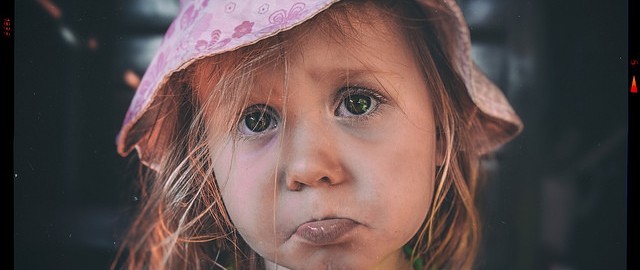How do I Talk to my Children about Death?
Death is part of life. It needs to be presented to children in this way also.
We start simply, by pointing our things in the environment which haved died – leaves which have turned brown, the ant that you trod on, flowers you cut from your garden which have now died, the road kill we see as we drive along, and even toys which are broken (ie they aren’t working any more). In this way, you can explain the fact that they aren’t breathing anymore, that they aren’t growing anymore. As the events descibed aren’t ‘close’ to you, death can be explained in an unemotional way. Children may want to look at a dead animal – use your discretion, but be aware that they are coming from a point or curiosity and a wish to understand. It is likely that young children will ask questions, in their attempt to understand at their level – answer honestly and simply.
Avoid saying the person has ‘gone to sleep’ as this may lead to fears about sleeping. It’s best to explain that their body stopped working and they stopped breathing.
If you wait to explain death until someone close to you passes away, then there is likely to be a strong emotional response in you, making it harder to explain to your child, and to be emotionally available to them.
What do children understand about death?
Children from 2 – 4 years may not see death as permanent, but as abandonment, and may repeatedly ask: ‘When is Grandma coming back?’ They are focussed on their needs – ‘ who will take me to dance class if Grandma can’t?’ They may be irritable or confused and may have changes to their sleep or behaviour patterns.
You can help them by providing love and nurturing, and by keeping routines as regular as possible. Answer their questions honestly.
Children from 4 – 7 years may feel responsible for the death, particularly if they were recently angry with that person – ‘Buzz (the dog) died because I didn’t play with him.’ They may see death as reversible – that the person will come back, and they may ask many questions in their attempt to understand what’s happened. They will be processing it, but could act as if nothing has happened. They may role play death with toys, and they may have disturbed sleep. You can help by talking with them, and encouraging them to share their feelings. Keep routines and boundaries as you normally would. Older children may like to make a memory box or book, with special things about the one who has died – photos, drawings, a flower or toy etc. You might like to pick a star in the sky to be ‘Pop’s star’, or to plant a special flower or tree for them.
What about the parent?
Depending on your degree of distress, you can be a great support for your child. It’s okay for them to see you sad and crying, and to explain that you are sad that Uncle David isn’t here anymore, and that you miss him. If your grief is overwhelming you, make sure that you have someone to talk with, to share your sadness – whether it is a friend or a counsellor. In this case, also ensure that if you are unavailable to help your child with their questions, that another trusted adult is there for them. Death affects us all in different ways, and we have different ways of managing the grief.
Ways to help include:
Make sure you tell the child about the death – you don’t want them to overhear a conversation.
Cuddles, and talking about the person who has died.
Playing calming music.
Go for a walk in the fresh air, to the park.
Encourage questions and answer simply.
Continue to talk about the person , to reinforce the good memories.
There are mixed ideas as to whether a child should attend a funeral. A funeral does allow a child to understand at another level, and this may be particularly useful if it is a ‘Celebration’ of that person’s life with songs and stories which are uplifting. Only you can decide what’s best.
Ensure that you take good self-care for you during this time, to assist you, which will also assist your child.
Remember to take your pace from the child.
—
Image by kwarz via Flickr



